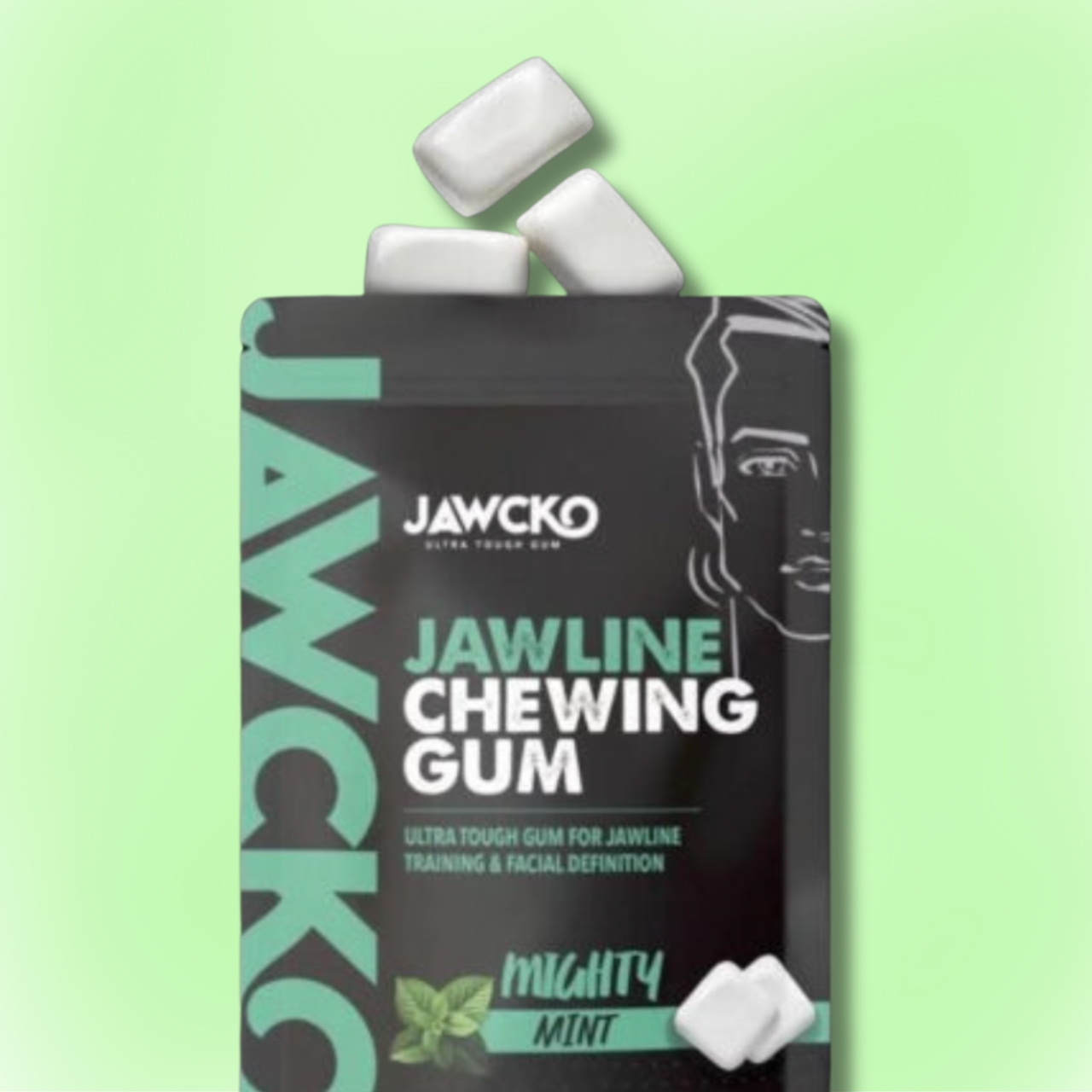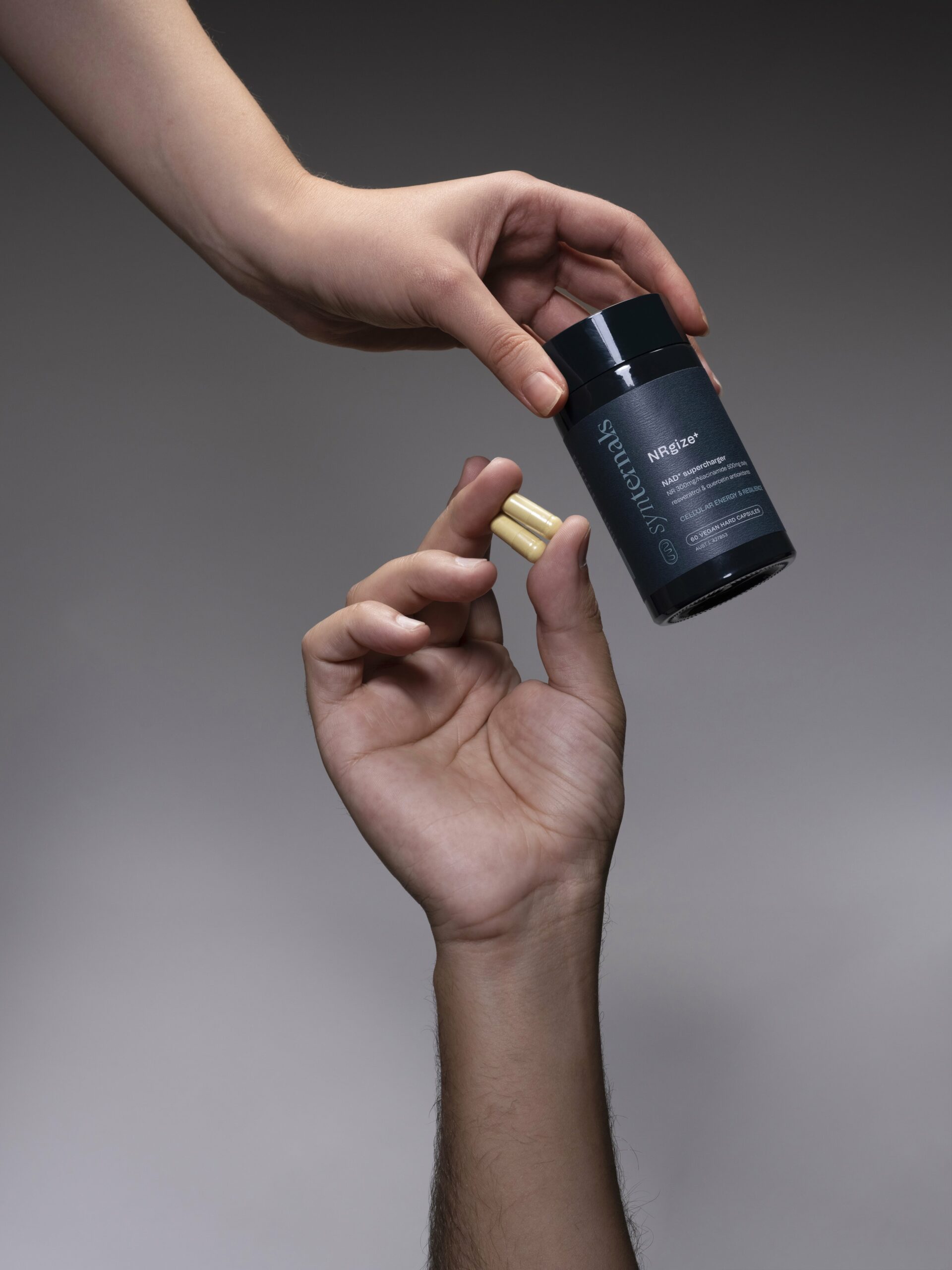Scientists have built a diet plan that proves you can (almost) live on ultra-processed food
Does this mean you can eat pizza and burgers every day? No. But it proves ultra-processed foods can still have a place in a healthy diet.
TO SAY that ultra-processed foods have a bad reputation would be an understatement. Ask any nutritionist and they’ll tell you too much of the stuff is a red flag. But new research shows you can still have a healthy diet and get the necessary nutrients with 91 per cent of your calories coming from ultra-processed foods, demonstrating that healthy eating comes in many forms. Before you start cursing your parents because they forbade you from having extra dessert in your childhood, it’s important to understand the full scope of the research.
Scientists at the US Department of Agriculture’s (USDA) research service led the study, which found that a diet consisting of 91 per cent ultra-processed foods can still meet most of the nutritional requirements recommended by Dietary Guidelines for Americans (DGA). That’s because ultra-processed foods still have many nutrients, and in moderation, they can be beneficial. “According to current dietary recommendations, the nutrient content of a food and its place in a food group are more important than the extent to which a food was processed,” researcher Julie Hess said.
To determine if ultra-processed foods can form a healthy diet, the researchers created a 2,000 calorie per day menu that included breakfast, lunch, dinner, and snacks. The menu only contained foods classed as ultra processed. When assessed against the USDA’s healthy eating index, the diet scores an 86 out of 100, and anything over 80 is considered healthy. The ultra-processed diet met most nutritional requirement thresholds, with its only limitations being too much sodium and not enough whole grains.
This news might feel like a slap in the face for the hardcore paleo practitioners and almond mums out there who preach all-natural diets, but the study’s results simply show that nutrients are more important than the level of processing. But while ultra-processed foods could soon be on the menu, that doesn’t mean you should start chowing down on your favourite brand of ice-cream or downing energy drinks like there’s no tomorrow – as much as we wish that were the case. Not all ultra-processed foods are good for you, and only a select few can contribute to a healthy diet.
What’s the difference between processed and ultra-processed foods?
It doesn’t take all that much for foods to be classified as processed. By definition, a processed food is anything that has been changed from its natural state. That means if it’s been chopped, canned, pasteurised or even refrigerated, it falls under the blanket term of processed. So, unless you grow your veggies in your own garden, eat plain yeast instead of bread, or get your daily calcium intake straight from the cow’s teat, you probably eat plenty of processed foods.
To take things up a notch to the ultra-processed category, food must typically be industrially formulated, which invokes imagery of unnatural abominations created deep inside the bowels of a laboratory or factory, when in reality it’s the kind of stuff you’ll find on the shelves at a petrol station or on the grill at fast food restaurants.
What are examples of ultra-processed food?
The term ‘ultra-processed’ might sound like it only applies to factory-farmed meat, soft drinks, and lollies, but there are a range of ultra-processed foods that many would consider to be healthy, including:
- Bread
- Fruit flavoured yoghurt
- Cereals with artificial flavours
- Granola bars
- Cheese crackers
- Packaged sauces
Eat enough of these foods and you’ll have enough fibre to clear your colon – or be gassy enough to clear out a room.
Are ultra-processed foods unhealthy?
While many ultra-processed foods are as unhealthy as Johnny Depp and Amber Heard’s relationship, not all of them are bad for you. As proven by the USDA study, there are a variety of ultra-processed foods that contain vital nutrients across all the food groups. That’s how researchers were able to build a healthy diet plan using only the stuff our parents always told us would rot our teeth.
Should you avoid ultra-processed foods?
Just because a study shows that you can live almost entirely off ultra-processed foods, that doesn’t mean that you should. Not all nothing-from-nature foods are good for you – in fact, most of them aren’t. But they shouldn’t be completely disregarded, and many of them are likely already in your diet – I mean, everyone eats bread, right?























